Revolutionizing Radiodiagnosis: The Unparalleled Power of Artificial Intelligence
The field of radiodiagnosis has witnessed a significant transformation with the integration of artificial intelligence (AI). This technology has introduced a new era of accuracy, efficiency, and precision in medical imaging, making it an indispensable tool for healthcare professionals. But what makes AI in radiodiagnosis truly unique?
Unmatched Speed and Efficiency
One of the most significant advantages of AI in radiodiagnosis is its ability to process medical images at an unprecedented speed. AI algorithms can analyze vast amounts of data in a matter of seconds, allowing for rapid diagnosis and treatment. This is particularly crucial in emergency situations where timely intervention is critical. Some of the key benefits of AI’s speed and efficiency include:
- Faster diagnosis and treatment, leading to improved patient outcomes
- Reduced waiting times for patients, minimizing anxiety and stress
- Increased productivity for radiologists, enabling them to focus on complex cases
Unparalleled Accuracy and Consistency
AI algorithms are designed to detect even the slightest anomalies in medical images, ensuring that diagnoses are accurate and reliable. This level of precision is unmatched by human radiologists, who can be prone to fatigue, bias, and human error. The benefits of AI’s accuracy and consistency include:
- Improved diagnostic accuracy, reducing the risk of misdiagnosis
- Enhanced patient safety, minimizing the risk of adverse events
- Increased confidence in diagnoses, enabling more effective treatment plans
Untapped Potential for Personalized Medicine
AI in radiodiagnosis has the potential to revolutionize personalized medicine by enabling tailored treatment plans based on individual patient characteristics. By analyzing vast amounts of data, AI algorithms can identify patterns and correlations that would be impossible for human radiologists to detect. This leads to:
- More effective treatment plans, tailored to individual patient needs
- Improved patient outcomes, as treatments are optimized for each patient
- Enhanced understanding of disease mechanisms, driving advancements in medical research
Unlimited Scalability and Accessibility
AI in radiodiagnosis has the potential to democratize access to medical imaging, making it possible for patients in remote or underserved areas to receive high-quality diagnoses. This is particularly significant in regions where access to specialized medical care is limited. The benefits of AI’s scalability and accessibility include:
- Increased access to medical imaging, bridging the gap in healthcare disparities
- Improved health outcomes, as patients receive timely and accurate diagnoses
- Enhanced collaboration between healthcare professionals, facilitating knowledge sharing and best practices
In conclusion, the integration of artificial intelligence in radiodiagnosis has transformed the field of medical imaging, introducing unparalleled speed, accuracy, and precision. As AI continues to evolve, its potential to revolutionize healthcare is vast, promising a future where patients receive timely, personalized, and effective diagnoses.



